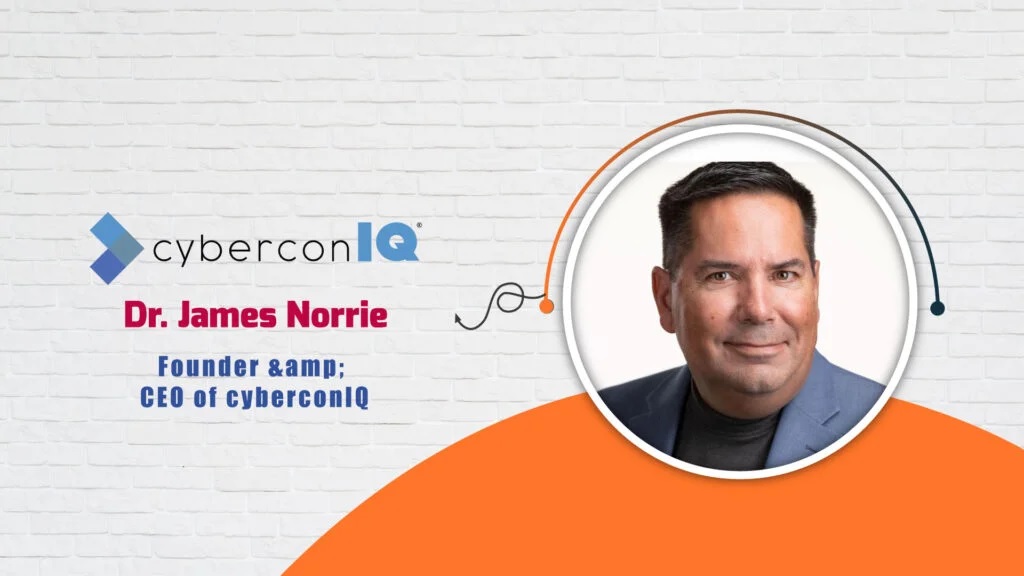Joel, how have the unique challenges faced by small and medium-sized enterprises influenced their adoption of AI in identity management and security practices?
So we commission a biannual small to medium-sized enterprise (SME) IT Trends Report that looks specifically at the state of SME IT. This most recent version shows how quickly AI has impacted identity management and highlights that SMEs are kind of ambivalent as they look at AI. IT admins are excited and aggressively preparing for it—but they also have significant concerns about AI’s impact. For example, nearly 80% say that AI will be a net positive for their organization, 20% believe their organizations are moving too slowly concerning AI initiatives, and 62% already have AI policies in place, which is pretty remarkable considering all that IT teams at SMEs have to manage. But SMEs are also pretty wary about AI in other areas. Nearly six in ten (62%) agree that AI is outpacing their organization’s ability to protect against threats and nearly half (45%) agree they’re worried about AI’s impact on their job. I think this ambivalence reflects the challenges of SMEs evaluating and adopting AI initiatives – with smaller teams and smaller budgets, SMEs don’t have the budget, training, and staff their enterprise counterparts have. But I think it’s not unique to SMEs. Until AI matures a little bit, I think that AI can feel more like a distraction.
Considering your background in identity, what critical considerations should SMEs prioritize to protect identity in an era dominated by AI advancements?
I think caution is probably the key consideration. A couple of suggestions for getting started:
Data security and privacy should be the foundation of any initiative. Put in place robust data protection measures to safeguard against breaches like encryption, secure access controls, and regular security audits. Also, make sure you’re adhering to existing data protection regulations like GDPR and keep abreast of impending regulations in case new controls need to be implemented to avoid penalties and legal issues.
When integrating AI solutions, make sure they’re from reputable sources and are secure by design. Conduct thorough risk assessments and evaluate their data handling practices and security measures. And for firms working more actively with AI, research and use legal and technical measures to protect your innovations, like patents or trademarks.
With AI, it’s even more important to use advanced identity and authentication management (IAM) solutions so that only authorized individuals have access to sensitive data. Multi-factor authentication (MFA), biometric verification, and role-based access controls can significantly reduce that risk. Continuous monitoring systems can help identify and thwart AI-related risks in real time, and having an incident response plan in place can help mitigate any security breaches.
Lastly, but perhaps most importantly, make sure that the AI technologies are used ethically, respecting privacy rights and avoiding bias. Developing an ethical AI framework can guide your decision-making process. Train employees on the importance of data privacy, recognizing phishing attacks, and secure handling of information. And be prepared to regularly update (and communicate!) security practices given the evolving nature of AI threats.
To Know More, Read Full Interview @ https://ai-techpark.com/aitech-interview-with-joel-rennich/
Related Articles -
Top 5 Data Science Certifications
Transforming Business Intelligence Through AI
Trending Category - IOT Smart Cloud



